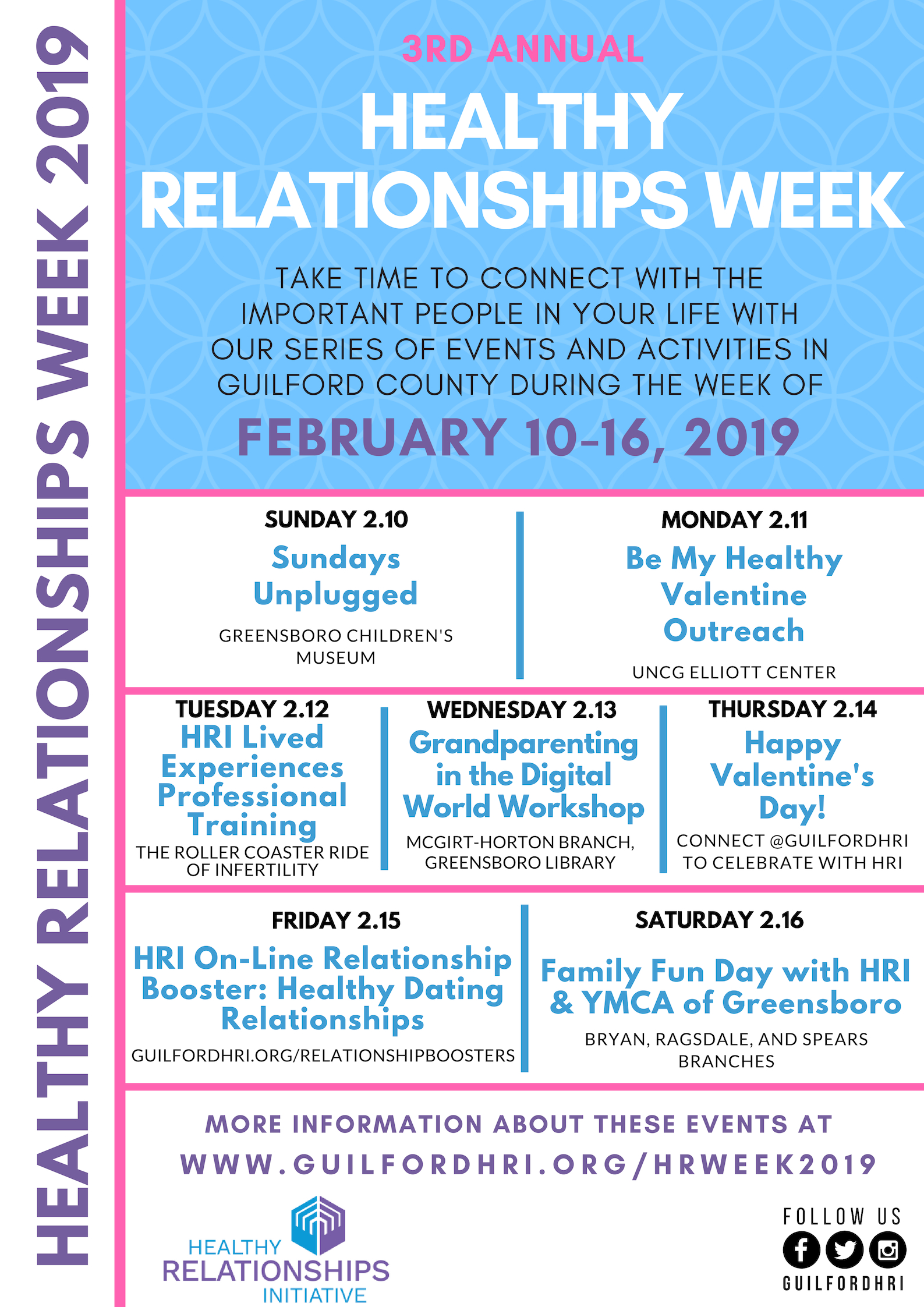
2/15/20: Family Fun Day with HRI & YMCA of Greensboro
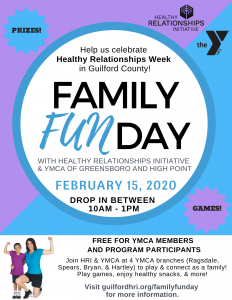
Drop by anytime between 10 a.m. and 1 p.m on Saturday, February 15, 2020 for free relationship resources, healthy snacks, fun games and activities, and more! This event is FREE!
2/23/19: Celebration of Fatherhood and Father Figures
This event is free, but advance registration is required. Reserve your free ticket at https://www.eventbrite.com/e/a-celebration-of-fatherhood-father-figures-tickets-52678809738.
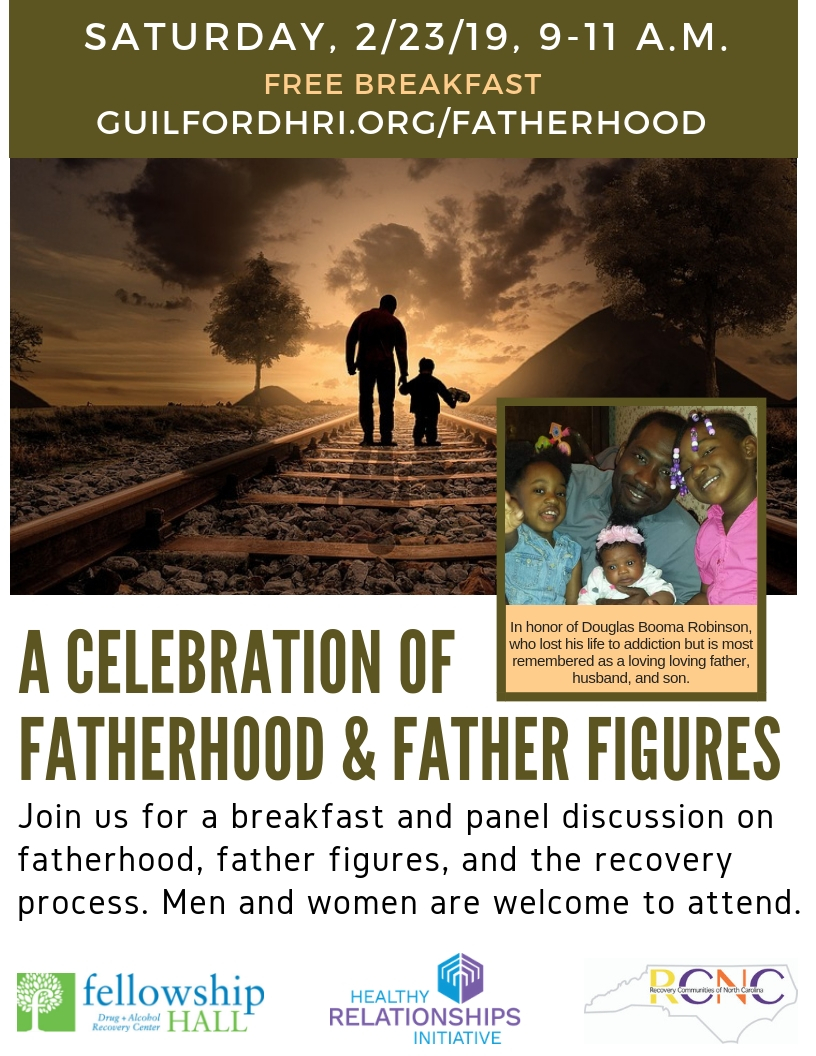
What is Counseling, Anyway?

By Eleanor Beeslaar, HRI Graduate Assistant
When you hear the recommendation to seek counseling as a source of support, the first thing you may be wondering is, what exactly is counseling, and what do counselors do?
Counseling promotes self-growth by providing a safe space for individuals, couples, and families to better understand themselves, others, and the world around them. Counselors aim to create a warm and open space where clients feel comfortable sharing problems and difficult emotions they may be facing. According to the American Counseling Association (ACA), professional counselors use a collaborative approach and work with clients to understand their concerns and goals for the counseling process (ACA, 2018). The counselor and client work together to 1) identify potential solutions to problems that cause emotional distress; 2) identify the client’s goals; 3) improve communication, problem solving, and coping skills; 3) strengthen self-esteem; and 4) promote behavior change and optimal mental health (ACA, 2018).
To learn more about counseling, check out this video from the American Counseling Association:
You may also be wondering about the difference is between individual, couple, and family counseling.
Individual counseling involves a relationship between the counselor and an individual client. Within the counseling relationship, clients have the opportunity to explore personal struggles or concerns with the support and guidance of the counselor. The counselor and client work together to understand the client’s problems and work through difficult emotions. Individual counseling provides a space for clients to experience personal growth and develop skills as they navigate life challenges (ACA, 2018).
Couples counseling provides an opportunity for couples to work through challenges with the added support of a counselor who has a specialized skill set to address these challenges within the relationship. Couples counselors are qualified to work with couples to explore conflicts and concerns, while helping them develop skills to enhance communication and problem solving within the relationship (ACA, 2018).
Family counseling involves a relationship between a counselor and the family system. Families often seek counseling after life changes or transitional periods, which can create stress and negatively affect family functioning, communication, or structure (ACA, 2018). Common issues that are addressed during family counseling are parenting, sibling conflict, the loss of a family member, or major changes that affect the family system, such as a big move (ACA, 2018). Family counseling creates an opportunity for families to work through challenges or transitions and to strengthen relationships between family members, while developing skills, such as communication, to improve overall family functioning.
Resources:
American Counseling Association. (2018). What is Professional Counseling? Retrieved from https://www.counseling.org/aca-community/learn-about-counseling/what-is-counseling
Understanding Counseling: Series Introduction

By Eleanor Beeslaar, HRI Graduate Assistant
Professional counseling can be a helpful resource if you are facing challenges in your life, having relationship problems, or if you have concerns about your mental health. However, you do not have to reserve counseling for periods of difficulty; it can also be used as a preventative measure. Many people seek counseling to experience self-growth and gain helpful skills that can serve them during difficult situations later in life. Counselors can provide support and guidance to individuals, couples, and families and work with them to manage their lives and accomplish their goals (ACA, 2016).
Although the negative stigma around receiving help from a mental health professional has greatly decreased over the past few years, it is still common to feel afraid or embarrassed when seeking help from a counselor. We hope that, as more people become educated on the many benefits of professional counseling, negative perceptions will continue to decrease and more people will feel empowered to reach out for help. Making the decision to seek counseling is courageous!
HRI believes that counseling is an important part of having safe and healthy relationships, and we aim to help individuals, couples, and families understand the counseling process. Over the next few days, HRI will provide information about the counseling process to help community members understand what counseling is, why it is helpful, when they should seek counseling, and how to find a counselor.
Resources:
American Counseling Association. (2016, April 6). What is Counseling? An Animated Video. Retrieved from https://www.youtube.com/watch?v=0mKHauD0pFk&feature=youtu.be
Nonverbal Communication
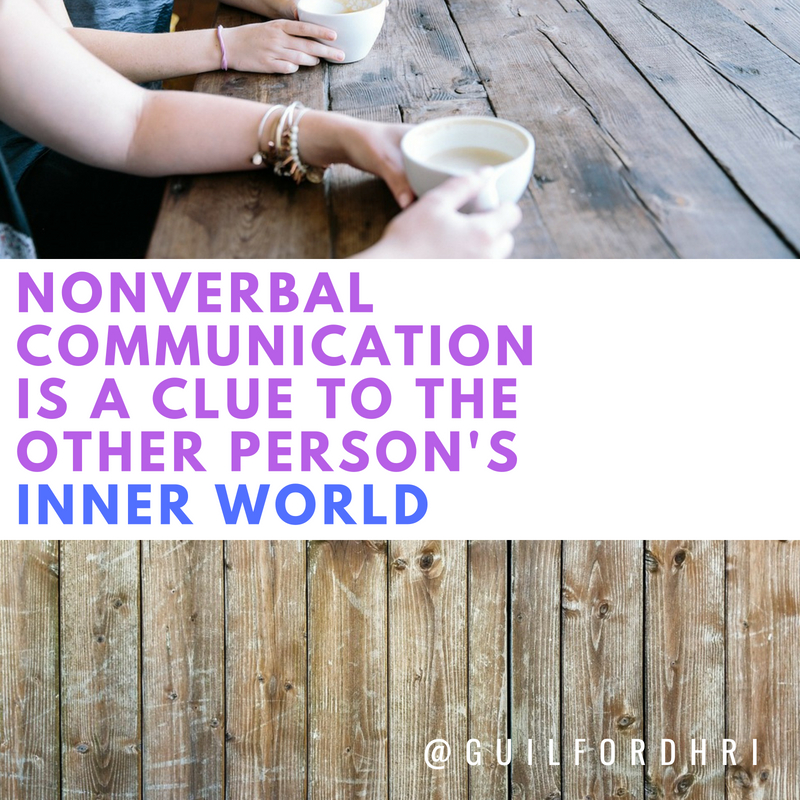
#FindHelpFriday: Parent Universal Resource Experts (PURE)

Difficult child behavior is a reality every parent dreads. Whether it’s the tantrums of toddlers or the first argument with a preteen, conflict between caregivers and children is an inevitable part of family life. However, many families encounter adolescent behavior that is more extreme than typical bickering. Teens who are abusing substances, committing petty crimes, or suffering from severe depression or aggression can leave parents wondering what to do. Thankfully, the Parent Universal Resource Experts are here to offer advice for families whose good kids are making bad choices.
The Parent Universal Resource Experts (or PURE) was founded by Sue Scheff after she and her daughter were taken advantage of by a harmful program for troubled teens. To ensure other desperate parents and adolescents don’t fall prey to the same schemes, PURE works tirelessly to provide families with accurate resources and information on residential teen programs that are positive, nurturing, and supportive. The organization provides parents with plans for how to determine what kind of program their teen needs, what questions to ask prospective schools, and financial options that may be available. PURE also supplies up-to-date information and advice on negative adolescent behaviors like self-injury, vaping, or obsessive internet/social media use.
All this information is available for free on their website, https://www.helpyourteens.com/ and more can be found in Sue Scheff’s new book, Shame Nation: Choosing Kindness & Compassion In An Age of Cruelty and Trolling. She will also be speaking about bullying and online reputation at the Learning and the Brain conference this upcoming February. For more information or to schedule a consultation with the PURE staff, call 954-260-0805. You can also learn more about PURE by watching the following YouTube video:
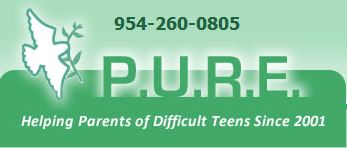
What are your favorite Halloween traditions?
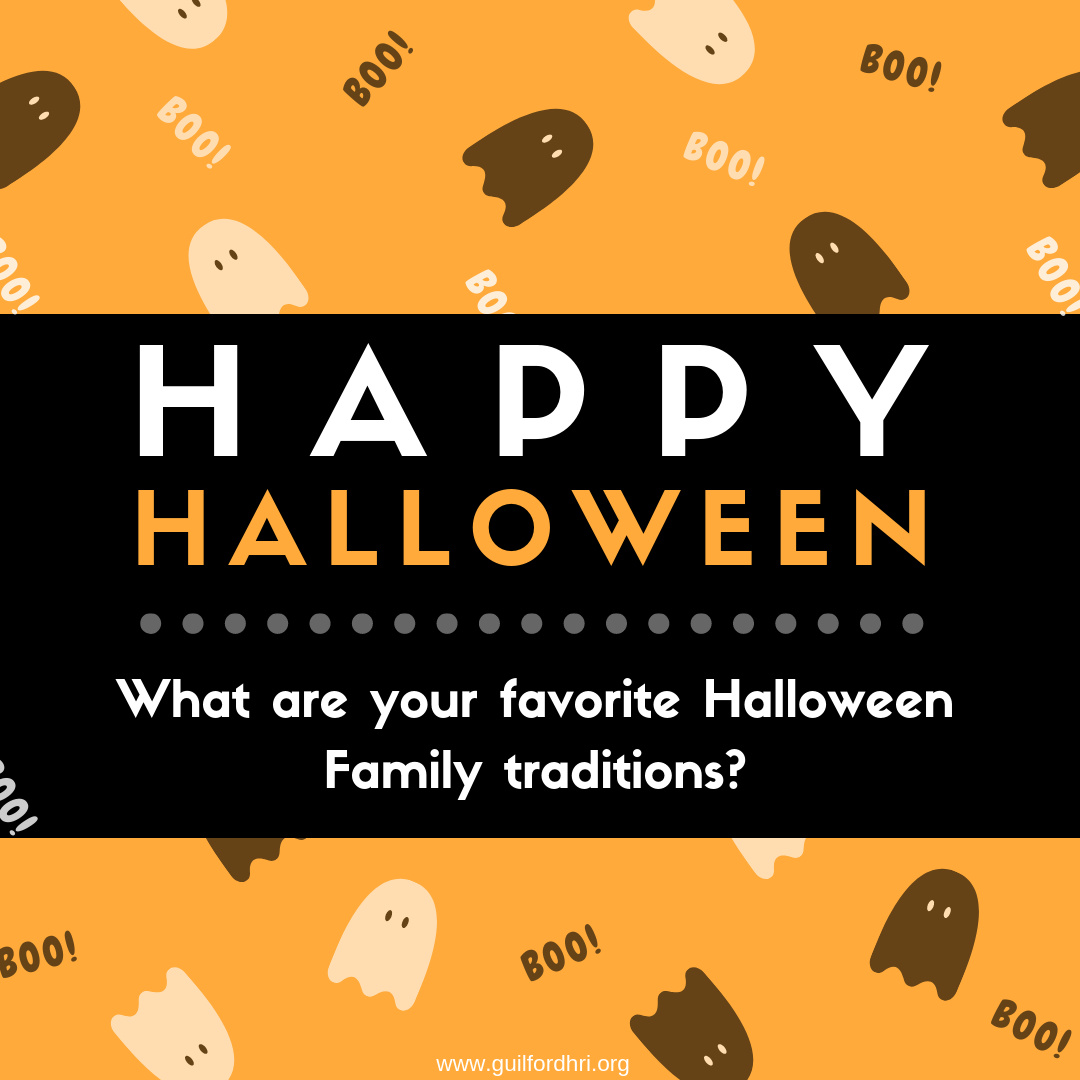
Happy Halloween from HRI! Share your favorite Halloween family traditions by leaving a comment below.
Halloween Tradition: Trick-or-Treating!
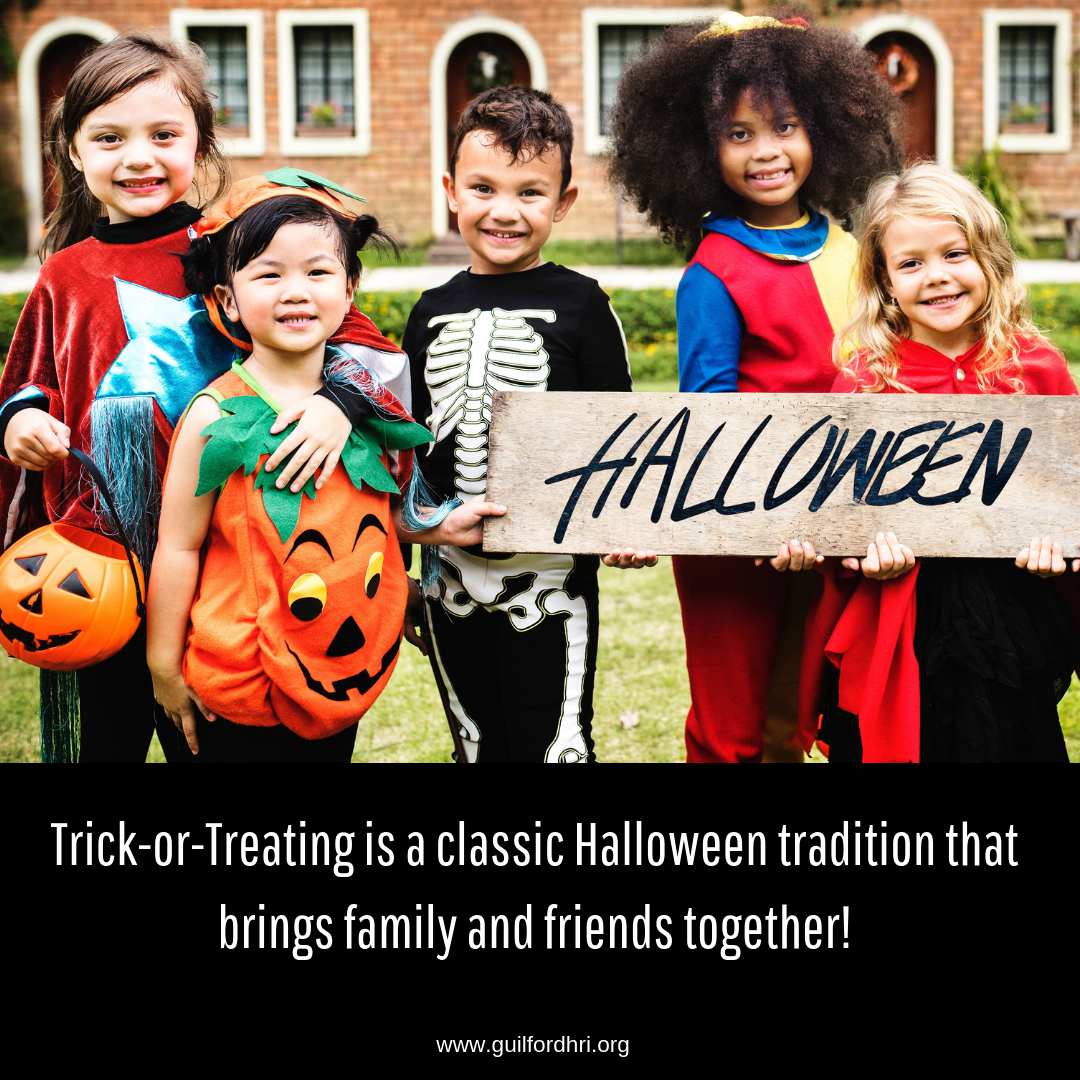
Whether your family likes to dress up and go out or stay home to pass out candy, Trick-or-Treating is a classic Halloween tradition that is fun for the whole family. Enjoy spending time with one another and cherish the joyful moments like the excitement in your children’s eyes as they dress up as their favorite superhero, athlete, movie/book character, or an important role model.
Halloween Tradition: Pumpkin Carving!

Pumpkin carving is a fun and creative Halloween tradition for the family! It can be a quick and easy event on a weeknight, if you’re pressed for time, or it can be an all-day event. You can start the day by going to a pumpkin patch and picking the perfect pumpkin. Then, have the kids help you choose a template design online, or if you want to be more creative, work together to come up with your own design. When you start carving the pumpkin, you can set the seeds aside to roast for a delicious snack later on!
